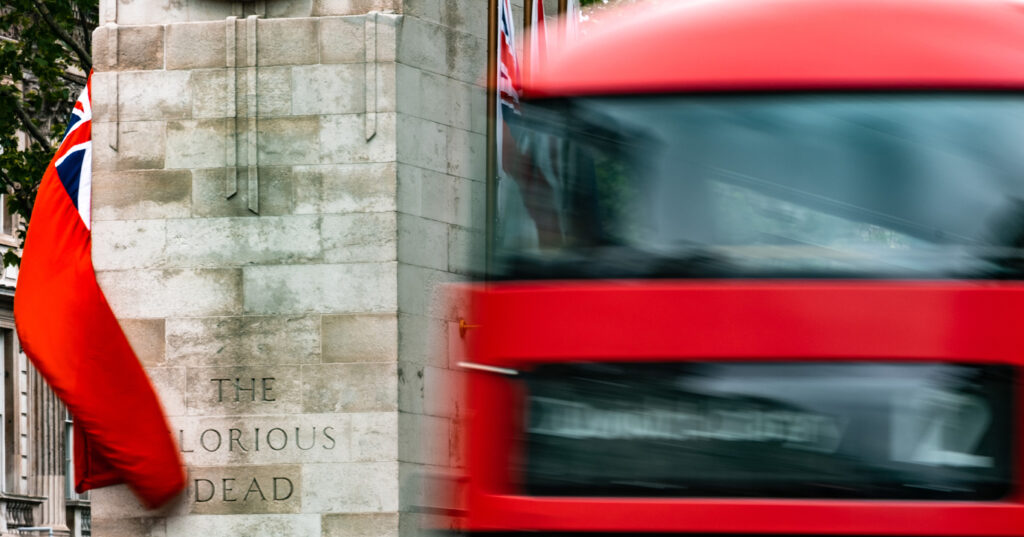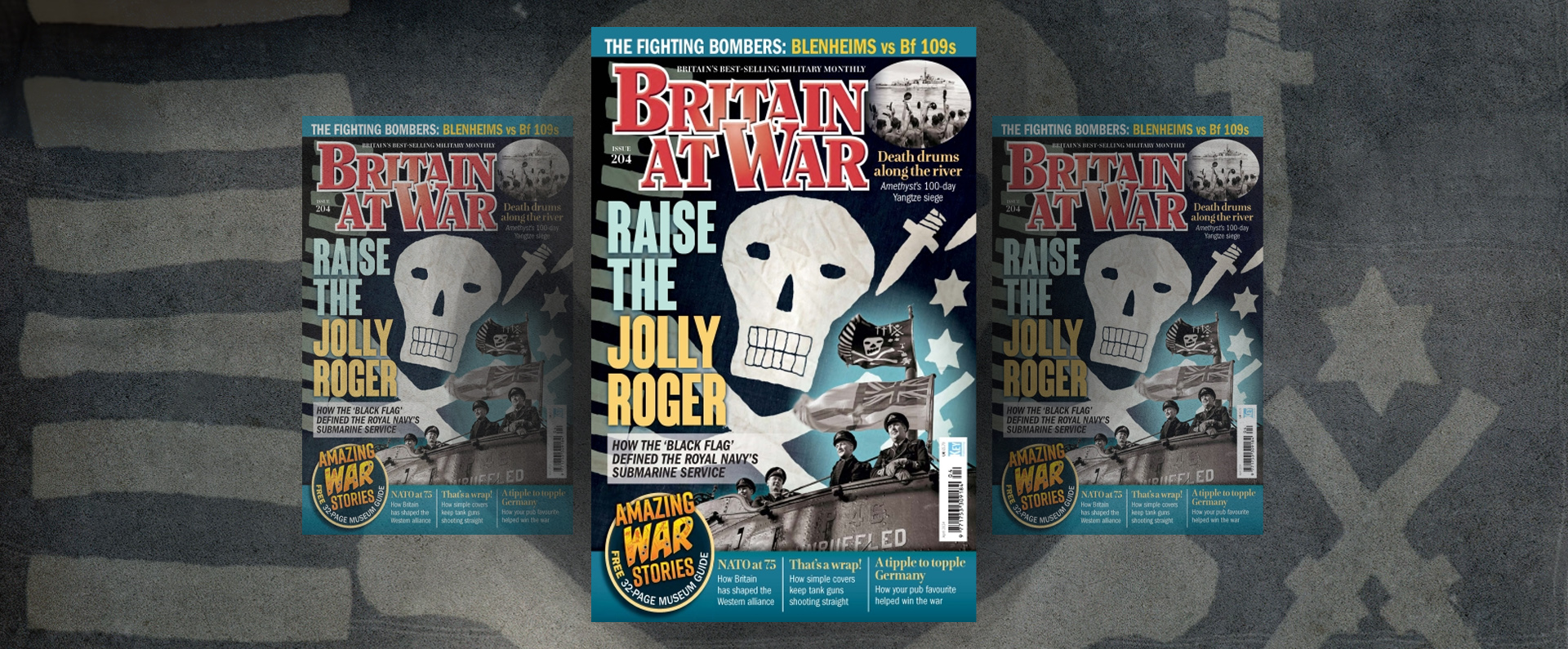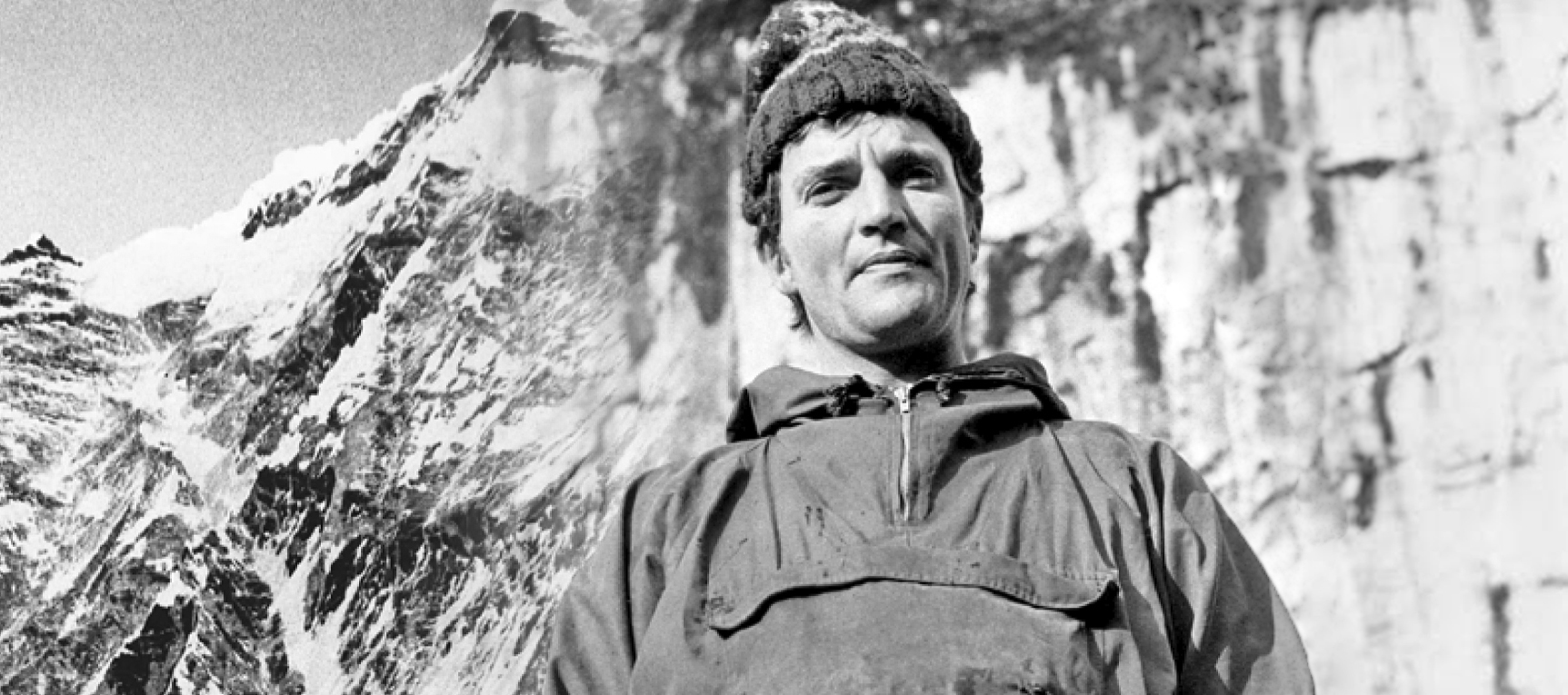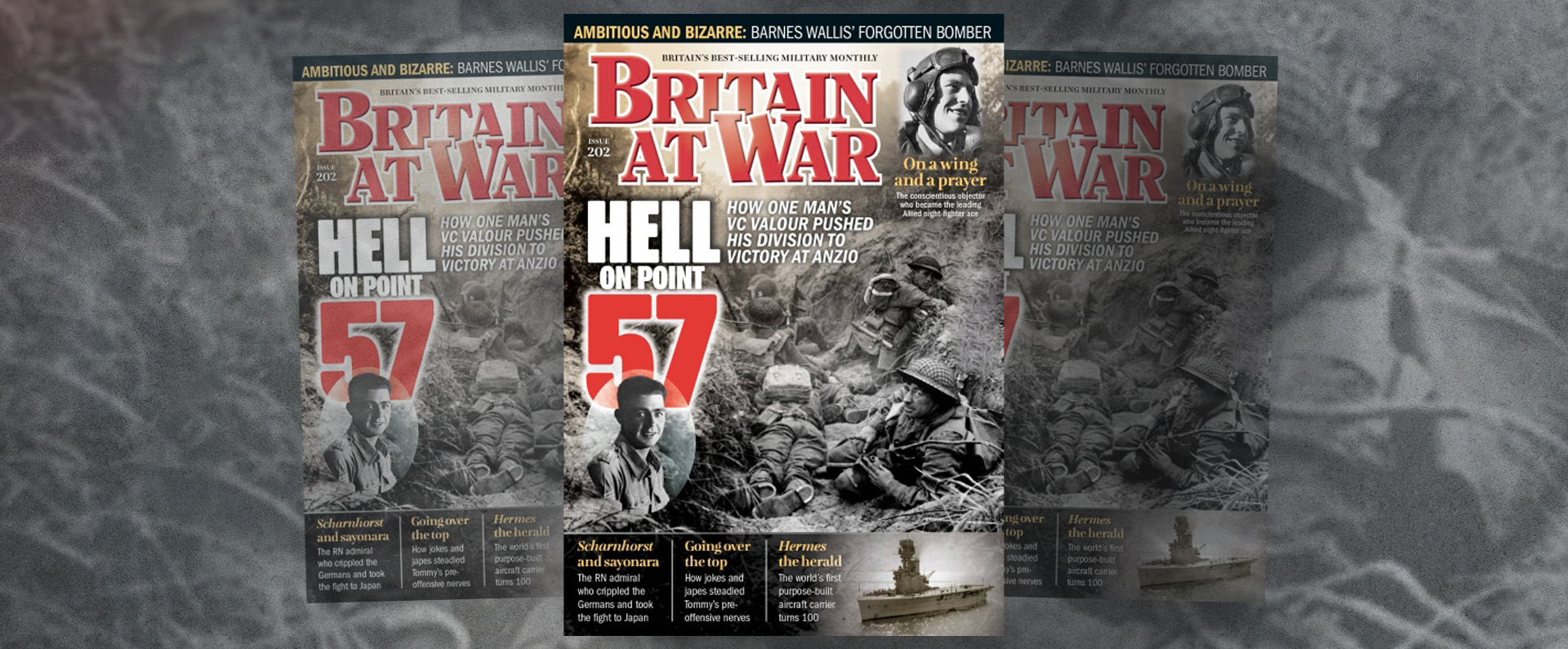
Published in the Sunday Express on 11 November 2018.
Lieutenant Eric Ashcroft
Rittmeister Manfred Freiherr (Baron) von Richthofen
By any standards, this is a momentous day: Armistice Day, Remembrance Sunday and the centenary of the end of the First World War.
Momentous days in history deserve to be marked in a significant way and this is why I hope that November 11 2018 will, for many decades to come, be recalled for the “r” word: reconciliation.
The dictionary defines reconciliation as “the restoration of friendly relations” but on a day such as this it means so much more. It means forgiving terrible past actions by other nations and individuals, but certainly not forgetting them.
Indeed Remembrance Sunday is all about remembering and in particularly paying our respects to our war dead from two world wars and other conflicts. It is important too to remember the horrors of global conflict if we are to learn lessons for the future.
It is in a spirit of reconciliation that I welcome the decision by the Government to invite the German President to today’s national memorial service in order to lay a wreath at the Cenotaph for the first time since the end of the Great War.
There are some who will resent his presence at a service attended by the Queen and senior members of the Royal Family and the Prime Minister and senior politicians, but not me.
In fact, I am more concerned that war veterans from the former Rhodesia (renamed Zimbabwe in 1980) are once again being refused permission to lay a wreath at the Cenotaph because of Ian Smith’s Unilateral Declaration of Independence in 1965.
Once again this year, the Rhodesia Army Association and its supporters, a group totaling more than 100 people, will hold an “alternative” and simultaneous service of remembrance a stone’s throw away from the Cenotaph, to the north of Westminster Abbey. Surely, on today of all days, we can let them remember their war dead, who fought shoulder to shoulder with the Allies, as they see fit.
After all our politicians are expected to forgive and to work with the IRA’s political leaders who only a generation ago were responsible for the murder of British servicemen and civilians.
I hope that at 11am today, the 11thday of the 11thmonth, there will be services all over the world that will be all about reconciliation exactly a century after the guns fell silent following more than four years of war.
Long-term commitments mean that I will be abroad today but my thoughts will certainly be, at various times during the day, with both the nation’s war dead and with my personal connections to the military too.
For it was my late father, Eric Ashcroft, who inspired my lifelong interest in bravery. When I was a small boy, he captured my imagination with his vivid description of how, as a young officer, he landed at Sword Beach as part of the D-Day landings on June 6, 1944. My father’s CO was shot dead at his side and my father was wounded by shrapnel, eventually being ordered from the battlefield to get hospital treatment. My father, however, survived the war, leaving in the rank of captain, and eventually died in 2002, aged 84.
For the past two decades, I have tried to champion bravery, writing six books on gallantry and building the world’s largest collection of Victoria Crosses (currently more than 200-strong) that is on public display at the Imperial War Museum.
In a small way too, I have tried to do my bit towards encouraging reconciliation in the built-up to today. Over the years, I have written hundreds of media articles championing the bravery of British and Allied servicemen but, earlier this year, I penned for the first time a major article highlighting the bravery of an “enemy” serviceman: the Red Baron, Manfred von Richthofen.
My reasons for doing this were simple: it is naïve to think only the “good guys” show bravery in battle, for there is no doubt that men like the Red Baron showed immense courage during the Great War, even if they were fighting for an ill-judged cause.
The First World War of 1914-18 was wrongly billed as the “war to end all wars”. Some 16 million people, including civilians, died as a result of the global conflict. Since then we have had countless wars and conflicts, including the Second World War of 1939-45 that claimed an estimated 75 million lives, including civilians.
I am an avid traveller, having visited more than 150 countries. As I travel the world, I make a point of visiting as many Commonwealth War Graves Commission cemeteries as possible to honour our war dead. But, where possible too, I increasingly look into the cemeteries containing the bodies of so-called “enemy” soldiers, also to pay my respects to their war dead. Does such a visit make me any less patriotic? Certainly not, but it does make me more reconciliatory.
So my great hope is that today will be remembered for a long time to come for its moves towards international reconciliation. The Cenotaph has long been associated with grief – a special location where we mourn our war dead – but today it should also be a place of hope – where we aspire for global peace through forgiveness and unity.
Read this article on the Express.co.uk
For more information, visit:
LordAshcroftOnBravery.com


